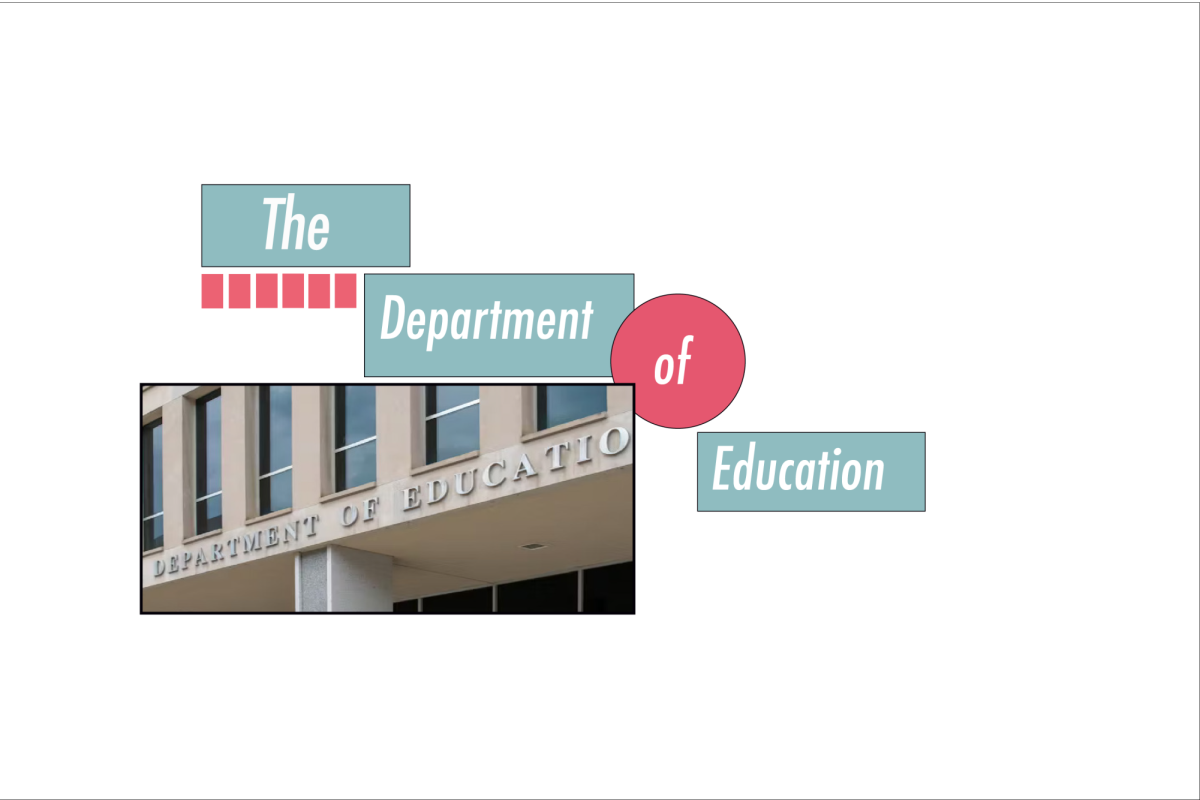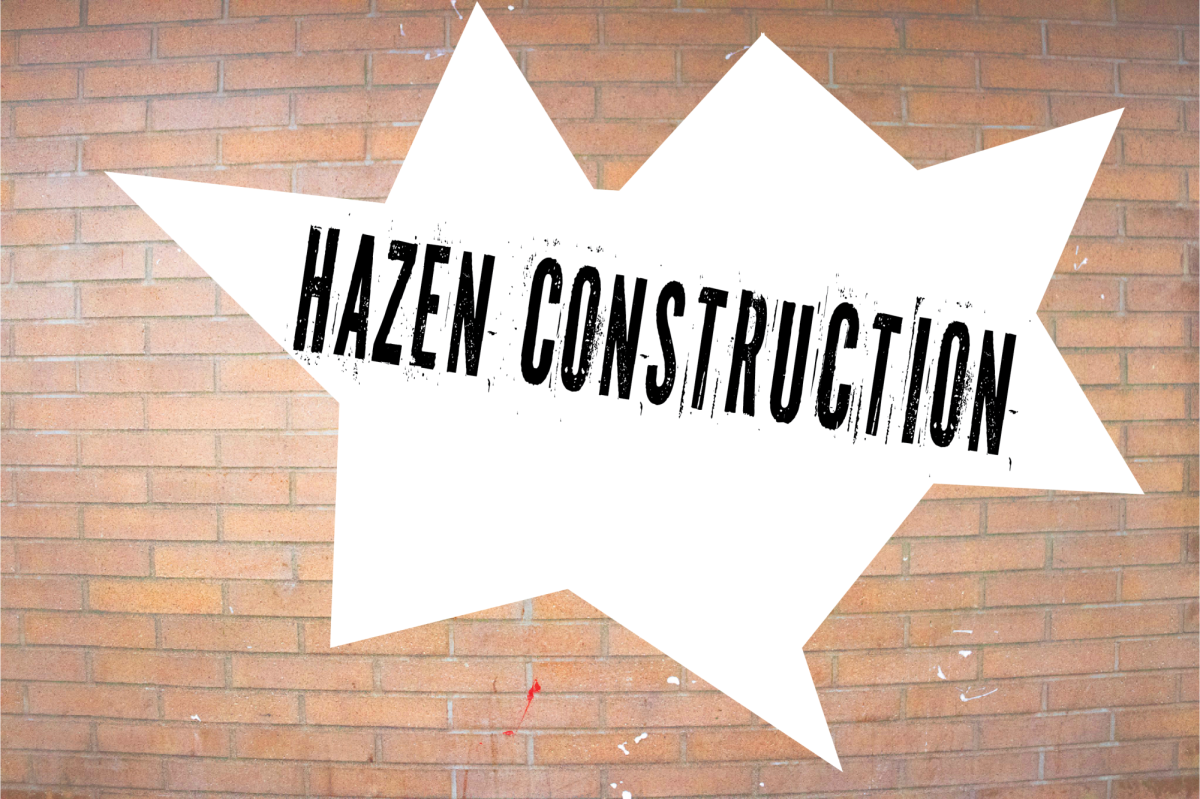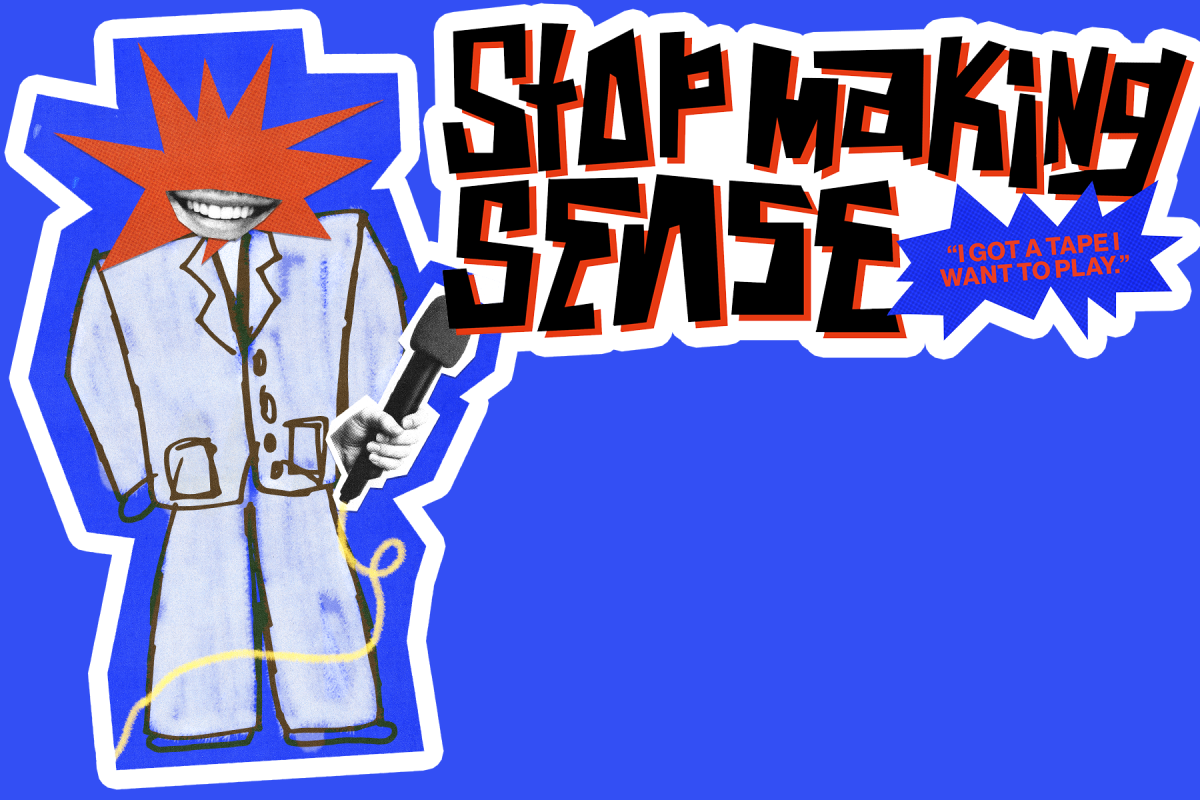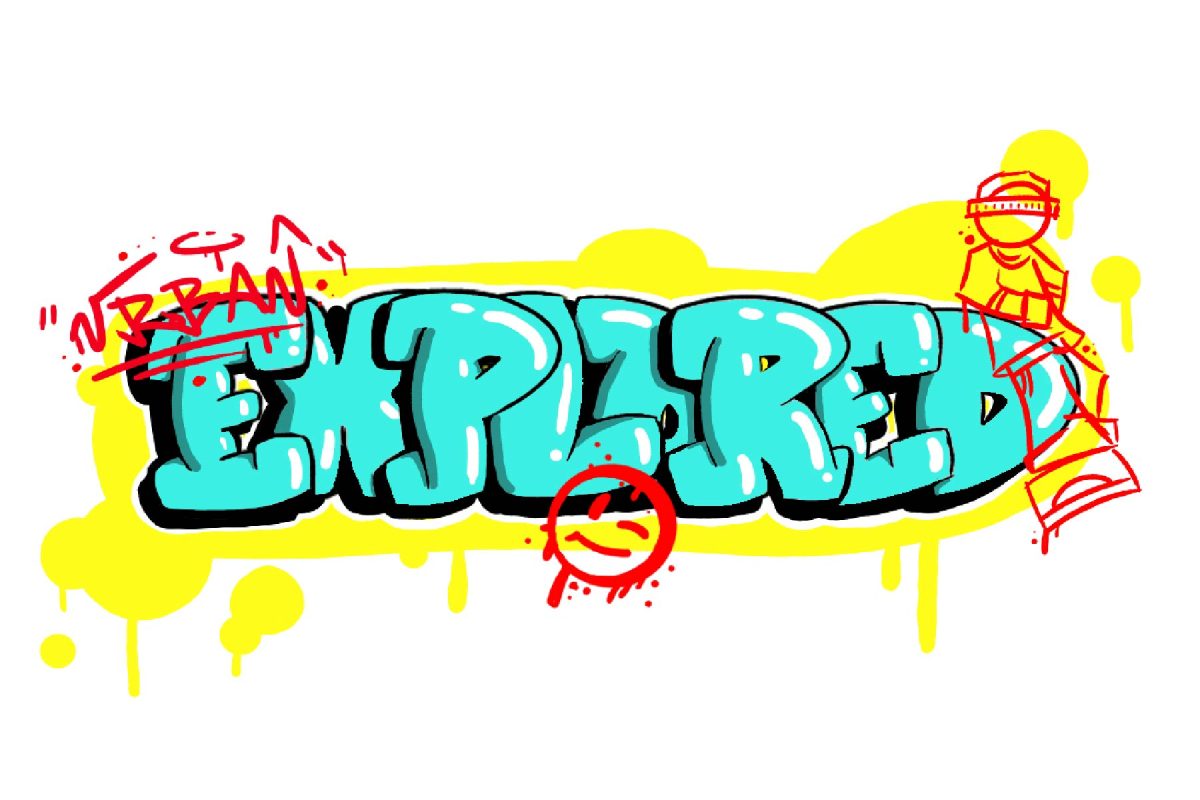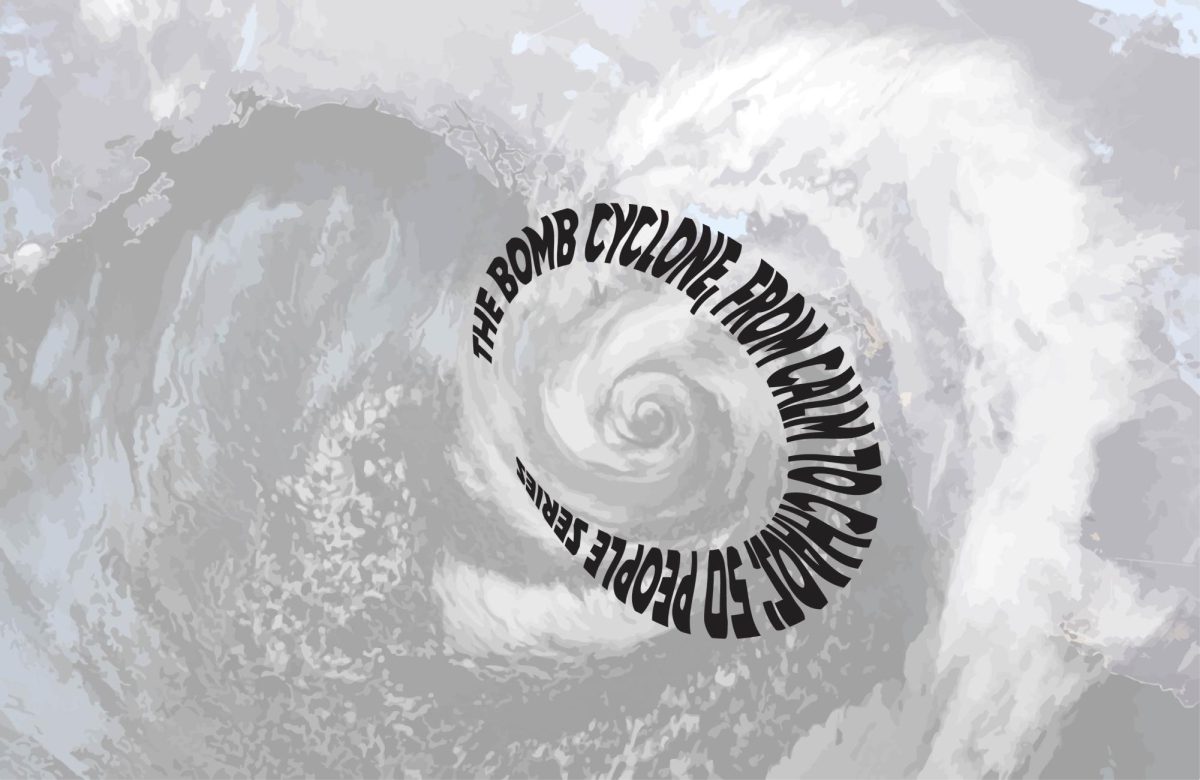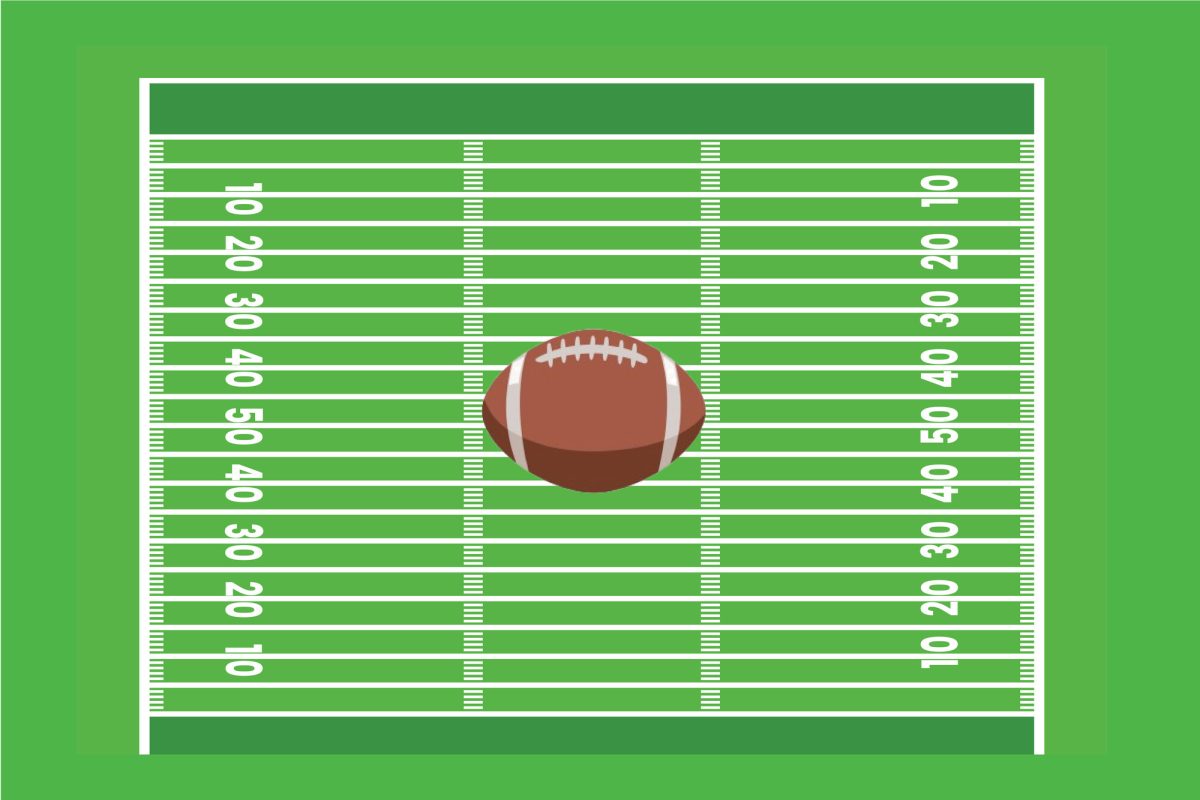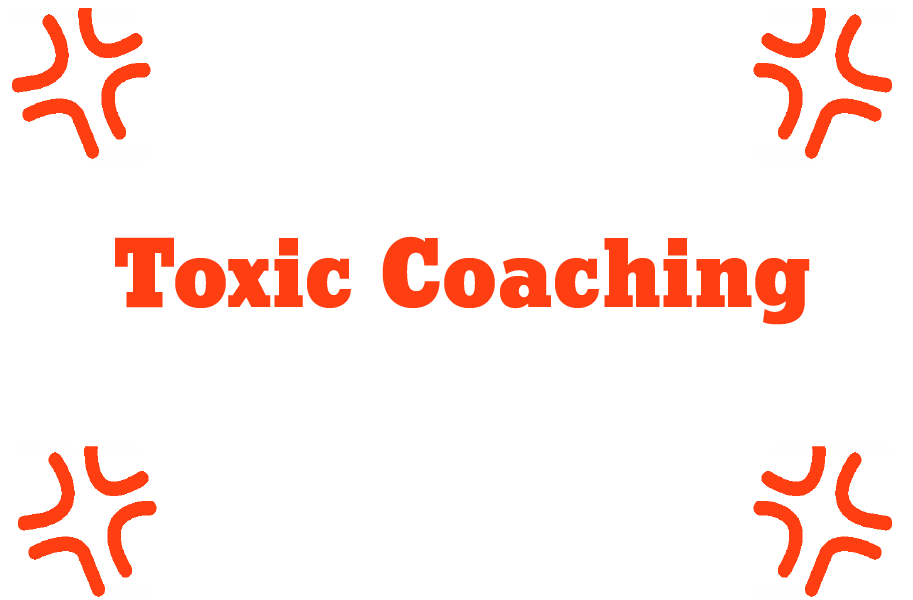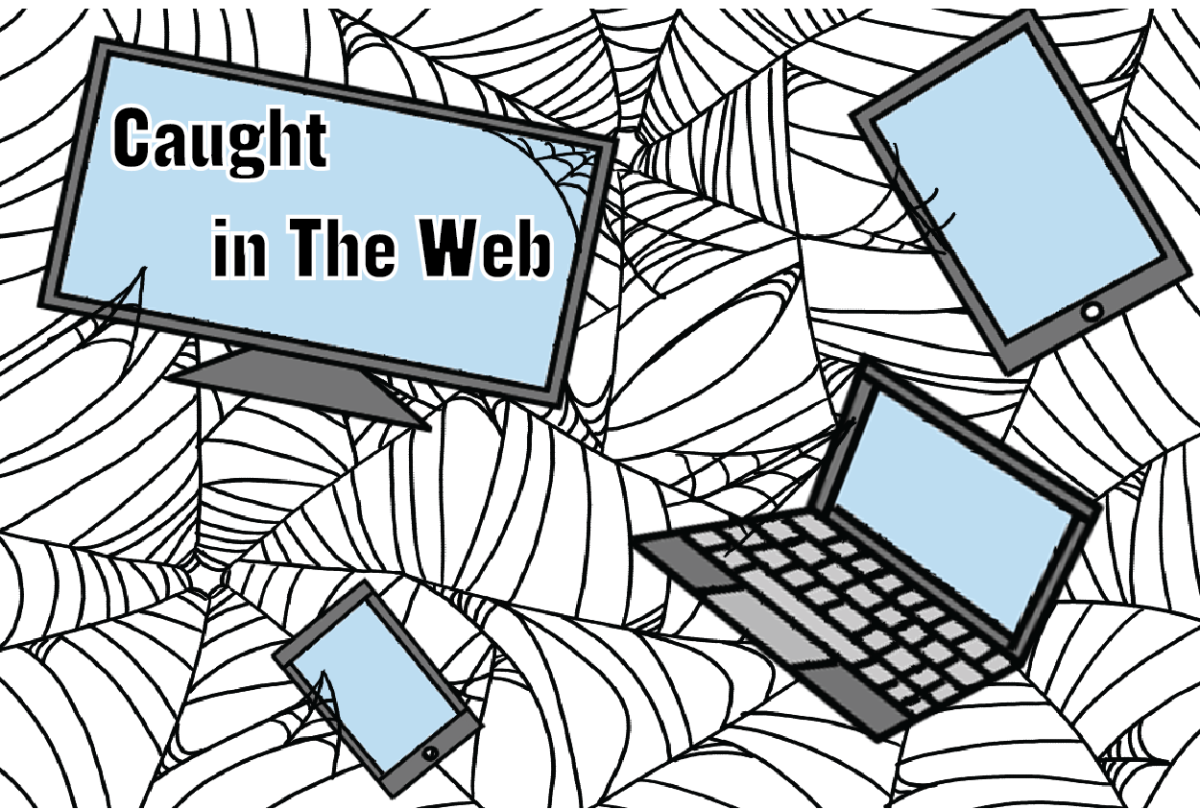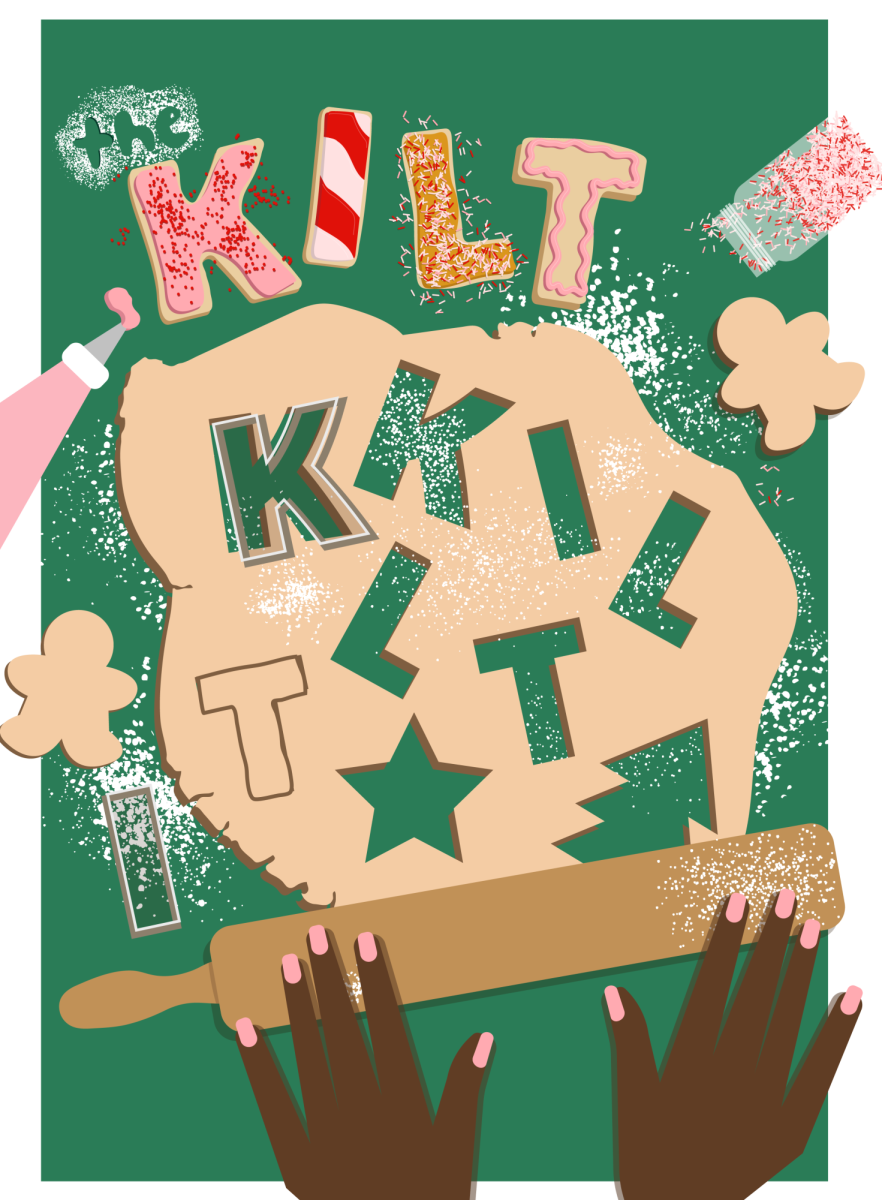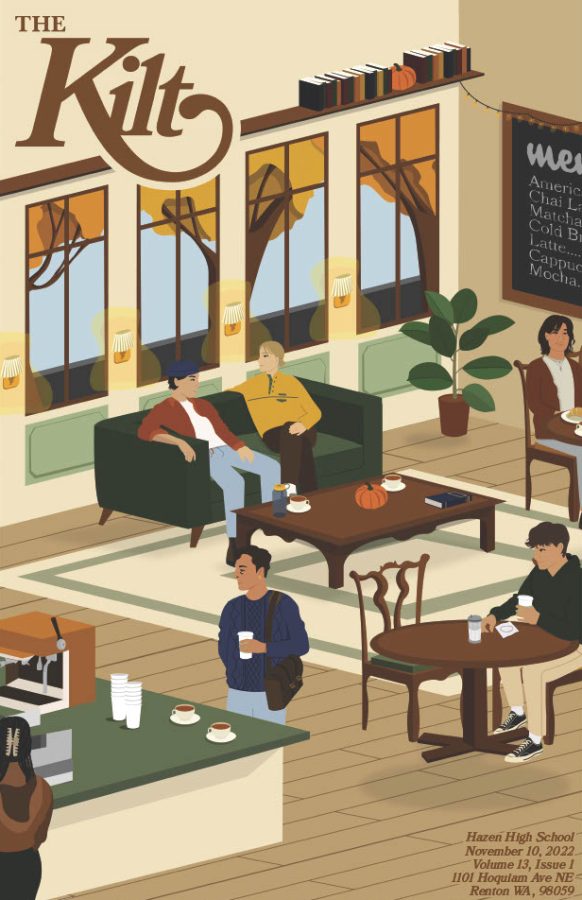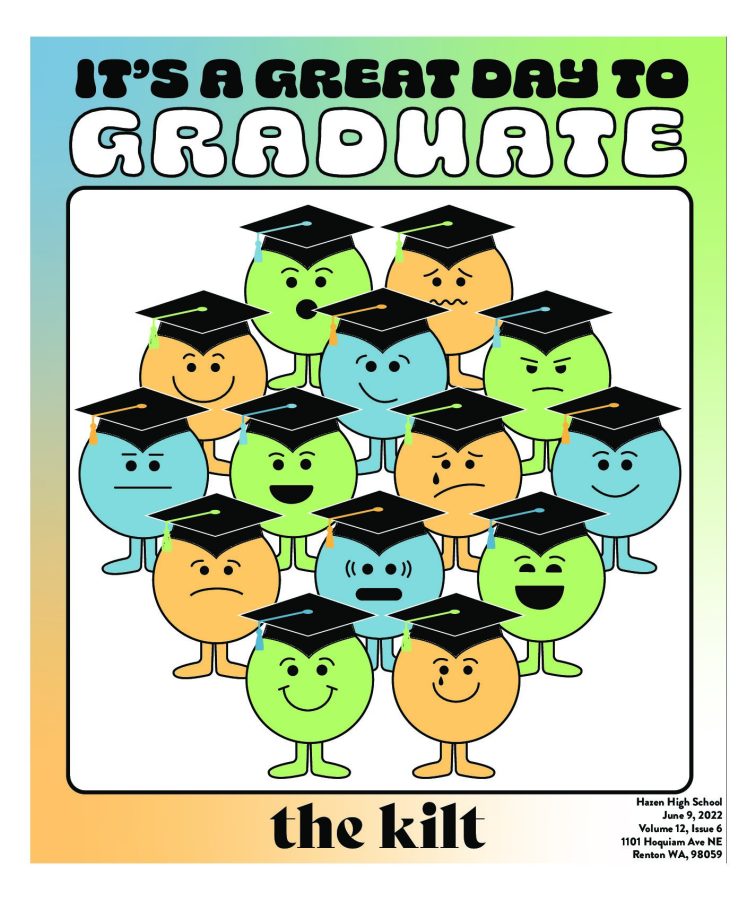Modern technology and the internet have revolutionized communication and accessibility to resources and information. With the click of a button you can find, share, and receive information about anything anywhere, you can send a message to anyone around the world. Unfortunately, it’s also very easy to lie on the internet and spread misinformation, or receive misinformation ultimately causing harm, if thorough research is not done to confirm what is true. On the other hand, better communication with friends and family has a more positive impact on society, connecting people all across the world and improving relationships and cultural understanding, yet much harm is still caused through the internet.
The rise of short-form content has led to the overconsumption of screens and technology, which is even more harmful with not only teens, but even children and adults losing valuable hours and days and being unaware of it, or being aware of the issue and accepting their fate. Less children are seen playing outside or with toys. Adults and teens rarely have a “third place” anymore, which describes a place other than home and work where people would go to relax, socialize and build relationships, such as a park or cafe, declining the connections and social experiences of communities.
Not only that but with the rise of online education and school work being done on computers and phones is harmful and the negative effects on younger generations are clear as students continue being increasingly undereducated as the years go by, more students are failing and standards for education continue to go down.
This way of education is becoming problematic for several factors such as, a great number of students are visual learners, having a harder time processing information laid out electronically, and could benefit from hands-on education. In addition to that, it is scientifically-proven that writing and putting out ideas on paper helps you memorize and process information effectively. Particularly in math classes, students should not be expected to solve complex problems online, typically students are allowed scratch paper for online schoolwork and tests, therefore it is clear to educators that students need to scribble their thoughts on paper, given the issue, eliminating online schoolwork and tests in the first place is rational. Online textbooks are another issue, annotating, reading and processing so much is difficult for a handful of students in the first place, let alone online.
Generally, work can seem so underwhelming when on a laptop, and it makes students unmotivated to complete work when they could all but keep their computer closed and completely forget about it, even unintentionally, unlike in the past, when students pulled out their textbooks and notebooks, writing down their work which made it so much more meaningful than it is now, plus digital information is at risk of getting deleted the older it is or gets and with so much on the internet it is at risk of being forgotten and lost, and our important information should still be stored physically.
In conclusion, while there are beneficial advances of technology and the internet, it is not completely reliable and we have so much on our tiny devices, it makes much of it meaningless and has heavily declined intelligence and education, social, academic and even physical development in the world.



